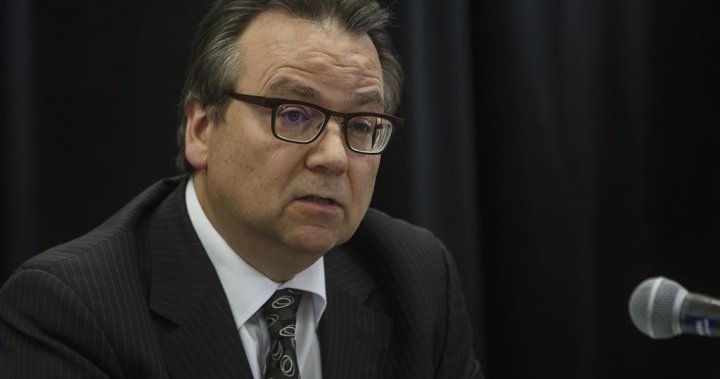
Alberta auditor general seeks reforms to how province manages oilpatch liabilities
Global News
Alberta's system for managing environmental risks from old oilpatch facilities still hasn't spelled out how it will ensure cleanups, the province's auditor general said Thursday.
Alberta’s system for managing environmental risks from old oilpatch facilities still hasn’t spelled out how it will collect security to ensure cleanups and doesn’t do enough to check that the work gets done, the province’s auditor general said Thursday.
“We conclude that (the Alberta Energy Regulator) had liability management processes in place during the audit period, but not all those processes were well designed and effectively mitigating risks associated with closure of oil and gas infrastructure,” said Doug Wylie’s report.
Wylie acknowledged the regulator is reforming how it evaluates and ensures the cleanup of old energy sites.
However, he said that program has yet to deal with two major issues — the so-called “legacy sites” that have been abandoned and inadequate security collected to ensure the number of such sites doesn’t increase. Wylie said current programs that mandate spending on well closures may not be getting at the problem sites.
“The program is new, so it is too early to tell if sites are being closed faster,” Wylie wrote. “Licensees have focused more on low-risk and lower-cost sites.”
Wylie said the regulator should develop and release targets to ensure the public can gauge whether enough old sites are being cleaned up.
He also pointed out that Alberta still lacks timelines for operators to remediate their sites.
The report emphasizes that, despite the regulator’s reforms, important questions remain on how Alberta collects security from energy companies.

Many kids and teens are looking forward to the holidays with great excitement, but others find it a difficult time of year filled with anxiety, stress and loneliness. It’s something Alisa Simon, the chief youth officer at Kids Help Phone, says they watch for when school pauses for the winter break, noting, “we do see an increase...










